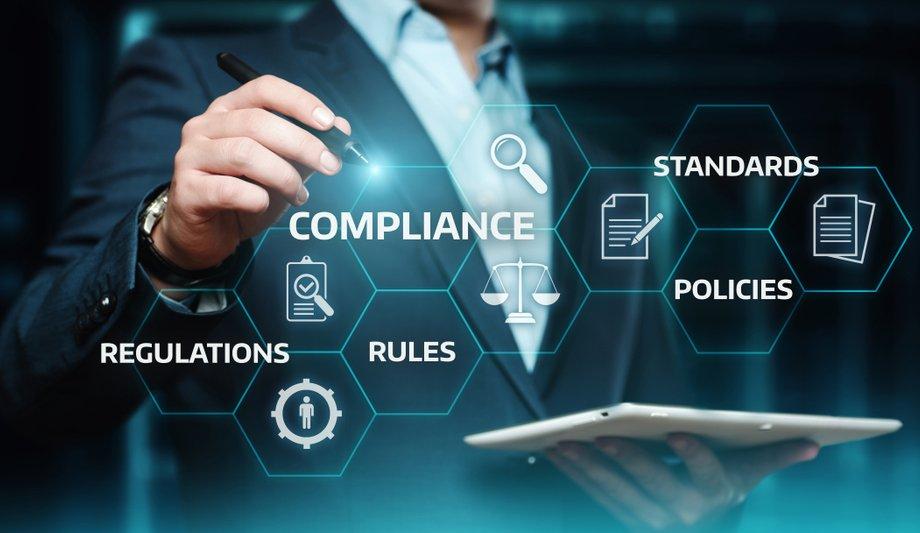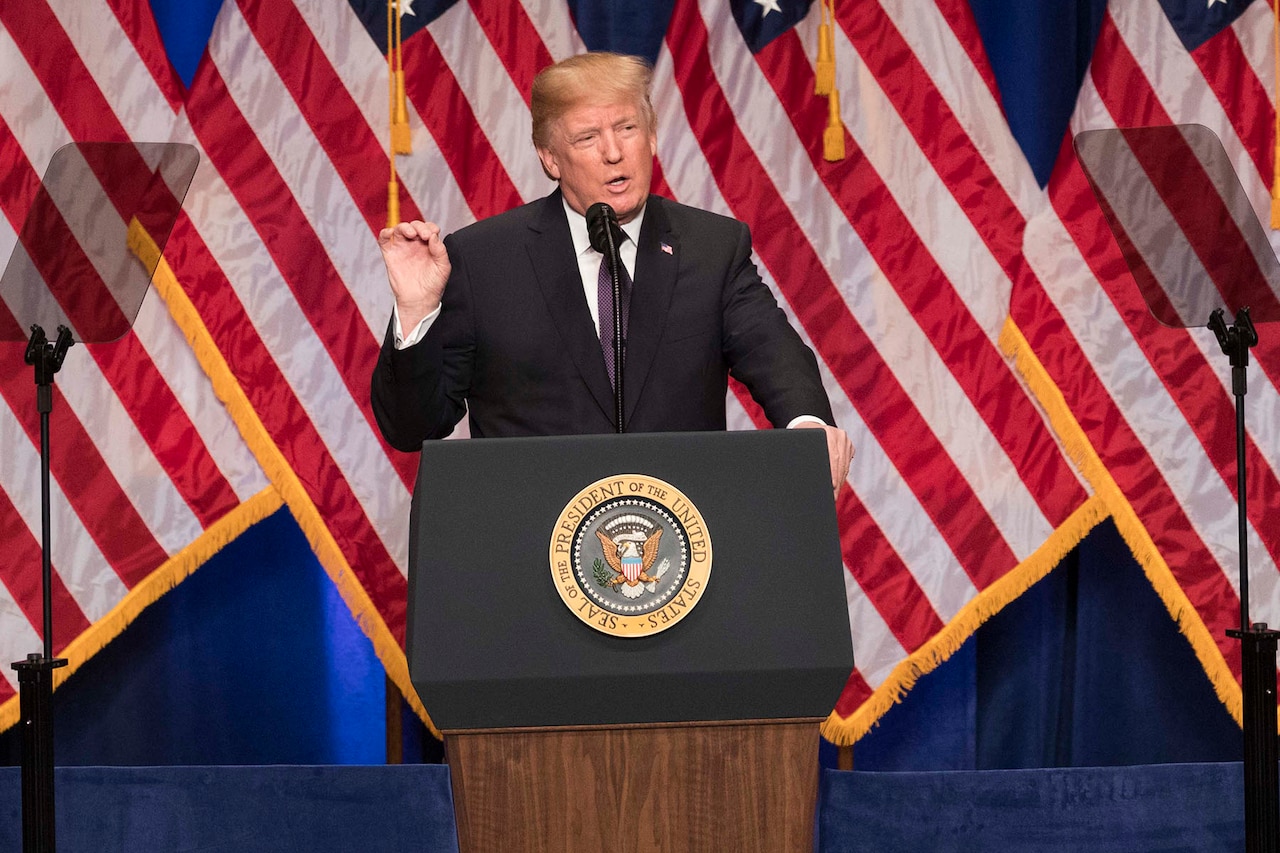Nature and Scope
Antitrust – Antitrust refers to a collection of mostly federal laws that regulate the conduct and organization of businesses to promote competition and prevent unjustified monopolies. Antitrust is a relevant factor in Big Tech, Healthcare, Utilities, and Financial Institutions. Agriculture, telecommunications, and global shipping are all areas that have recently been under great influence be anticompetitive behavior. Antitrust laws will likely need to change so that our global economy and firms can operate properly.
Cyberwarfare – As technology and computing continues to become more advanced, cyber warfare and the technology used to carry out cyber warfare have and will continue to become more prevalent in real-world situations. Advancements in defense systems and the implementation of AI will inevitably shape how future conflicts are enacted and the power of a country’s cyber capability will become a major factor in global conflicts.
Cybersecurity – Cybersecurity refers to the different technologies, processes, and practices that protect networks, devices, and data from attacks or unauthorized access. It is an important topic for discussion because all different types of organizations collect, process, and store data on computers and other devices, and majority of that information is sensitive; unauthorized access and exposure could come with negative consequences. Furthermore, cybersecurity describes the discipline dedicated to protecting private information and systems used to process and store it.
Political Radicalization – Political radicalization is the process by which individuals and groups adopt increasingly radical views that oppose social norms, including those of a political, social, and religious nature. The different levels of radicalism are present in many areas across society, whether someone be a sympathizer or a radical, you can find a mix of the different levels everywhere. The radicalization process takes place over an extended period, as individuals are pushed down a radical pathway.

Developing Trends
Antitrust – As of right now big tech is the biggest developing trend in antitrust. Google, Amazon, Meta, Apple, and Microsoft all collect enormous amounts of data with the goal of trying to eliminate competitors and become companies whose man goal is to replace products that we use every day. Most modern tech companies are paying to outsource its computer services with the goal of incubating and hosting their competition.
Cyberwarfare – Cyberwarfare and attacks on information systems are becoming more prevalent than at any time in history. Countries are competing for cyber dominance in multiple areas, and they are continuing to invest in technologies that can give them a competitive edge in what would be a global conflict. Attacks on telecommunication companies are becoming more common and the goal of destroying communication networks has become a key strategy in warzones.
Cybersecurity – The cyber threat landscape rapidly changes, mostly due to significant modifications in IT business operations and architectures prompted by COVID-19. Bad actors have taken advantage of these changes, targeting their attacks toward vulnerabilities in remote access and cloud computing. As the cyber threat landscape evolves, many corporate security teams are struggling to keep up with attacks that are growing more common and sophisticated. Cyber-attacks are on the rise, and sophisticated attacks like the Log4j vulnerability exploit impact millions of companies, including Uber and MediBank.
Political Radicalization – The trends developing within political radicalization are rapidly increasing in magnitude, and include the spread of misinformation, increased tensions surrounding elections, and increased political polarization. Misinformation has been spreading like wildfire and leads to both increased tensions surrounding elections and increased political polarization, because the truth is diluted and twisted to fit a different narrative depending on who you ask.
Stakeholders, Industries & Markets
Antitrust – For Antitrust stakeholders would be regarded as most businesses that compete in a market where there are some very large firms. As stated, before big tech firms as well as primary producers, processors, manufacturers, wholesalers, retailers, and input providers are all involved with antitrust legislation in some way.
Cyberwarfare- In terms of cyberwarfare, stakeholders would be individual governments as well as the citizens of their respective nations. Nations that are able to make notable advancements in cyberwarfare capabilities will benefit the most from these oncoming trends. Contractors who are able to create systems and equipment that could be of use to militaries stand to profit from this development.
Cybersecurity – The two primary stakeholders in the cybersecurity industry are private (Apple, Amazon, Google, Facebook) and government entities (National Security Agency), and each respective sector has its own unique capabilities and price tags. What is important to note is that the government sector struggles to keep up with the talent that exists with the private sector, hence why they struggle to keep internal cyber professionals. Even as the federal government struggles to retain internal cyber talent, most of the cybersecurity market still originates from the federal government in the form of contracts.
Political Radicalization – Stakeholders within political radicalization include political figures, radical movement leaders, and the everyday American. Political figures often use radical movements on their platform, whether it be using them for support or using them as an issue they want to solve, all for their own benefit. Radical movement leaders depend on radicalization to increase the magnitude and effect of their movement to spread their message, thus affecting the everyday American.
Opportunities for the Future
Antitrust – The future of antitrust likely involves new legislation and more aggressive practices that specifically target anticompetitive behavior. We are likely heading toward a society that is cloud neutral with more state regulation that targets larger company’s mergers and acquisitions.
Cyberwarfare – The future of cyber warfare contains many opportunities for countries to gain more power in the political world if their cyber capability is developed strongly. Smaller countries with smaller physical militaries could mitigate their disadvantage physically with strong cyber warfare capability. Similarly, individuals that can create technology that is useful in cyber warfare could substantially profit.
Cybersecurity – The future of cybersecurity contains many opportunities for companies to utilize cyber technologies and methods to make their security stronger. Some categories to keep an eye on in the growing future of the field are cloud technologies, the evolution of password technology, the catalyzation of AI, the rise in prevalence of data breaches, the rise in general cyber-attacks, the increase in demand for cybersecurity jobs, and the number of females getting involved with the field in general.
Political Radicalization – As political radicalization continues to grow across the country, the opportunity for radical movements to gain more of a foothold within politics increases. The radicalism process is so inconspicuous that it’s often hard to recognize when you’re being radicalized, and thus makes it harder to fight against until it’s too late.

Weak Signals
Antitrust – The main weak signal for Antitrust that I have noticed is culture capture. Practices by institutions are slowly becoming “pro-industry.” Antitrust officials are forming interpersonal relationships with senior competition officials. There will likely be a disproportionate influence on competition officials which will in return prevent smaller firms from competing with the bigger firms.
Cybersecurity/Cyber Warfare – The two most prominent weak signals in the cybersecurity industry and cyber warfare are human error and technological error. As humans, we all have either made weak passwords at one point in our lives and maybe have had an account lost due to compromise. It has also come to light that companies like Uber have experienced data breaches due to system weakness. From this, there is opportunity to learn from these experiences to strengthen our knowledge in cybersecurity and to reinforce the technical security of organizations.
Political Radicalization – The most prominent weak signal in political radicalization is the existence of groups against democracy. In many other countries, democracy is not accepted, and many people fight against it. Although this occurs in different countries, it has a ripple effect that reaches to the United States and extends to our democratic systems. This is seen with election denial, where individuals and groups assert that our democratic process of elections is rigged or fraudulent.
